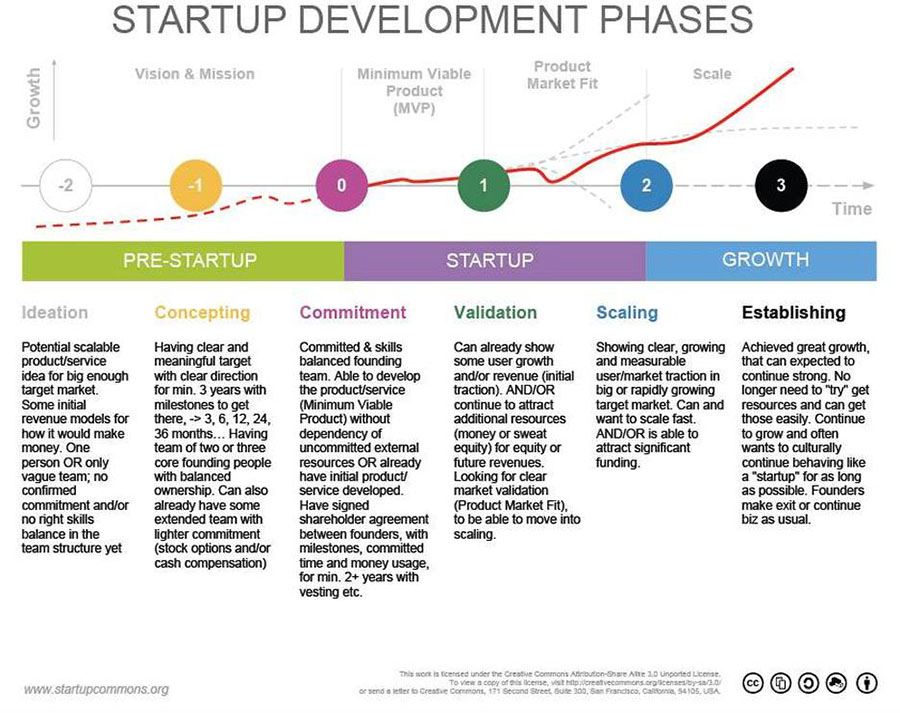It’s that time of the year when we start offering our Founders’ Agreement for the upcoming Accelerate program.
For co-founders everywhere thinking about starting a business, a founders’ agreement is essential in detailing the promises made between co-founders and other parties who might be involved.
Many accelerators and incubators around the world offer different types of founders’ agreements. Essentially, this agreement outlines the commitment each party takes throughout the different phases of the startup, transitioning from pre-startup to startup to growth.

For startups looking to join our Accelerate program, the founders’ agreement involves a number of agreements between you, your co-founders, and JFDI. The first of these agreements is called the Founders’ Agreement. This agreement is a contract between you, your co-founders, and JFDI. If you want to attend the Accelerate Program, then you must sign this contract. In this contract are a number of promises. By signing the contract, both sides agree to keep those promises, and to accept the consequences if they don’t.
Why would you need a founders agreement?
When you’re starting a business with other people, there is a lot of uncertainly. Some common questions that must eventually be answered include:
- How would you go about spliting ownership of the business?
- How much decision making power does each co-founder have?
- What roles does each founder play?
- What are some of the key metrics or goals that must be achieved by each founder at each phase of the startup?
- What happens if one of you decides to leave the company?
I’ve seen founding teams splitting up, leaving everyone with a bad taste in their mouths and broken friendships. The numerous occasions that I’ve witnessed this could have been avoided if they had sat down in a founders meeting at the start and signed off on an initial founders’ agreement.
JFDI mentor Bernard Leong @bleongcw wrote about what to include in the founders’ agreement back in 2006 and it’s still remains relevant today.
Essentials that he mentions to be covered include:
- Founders’ equity (or shares)
- Decision making powers
- Future plans of founders that are not aligned with the company
- What if one of us are fired in the process
- Roles and Responsibilities, future and immediate goals (milestones)
There are some great resources online to find our more about legal agreements between co-founders. One of my recommended websites for Singapore-based companies is the Legal Boilerplate site http://legal.cf.sg, a collaboration between local developers Sebastiaan Deckers, Veronica Ng and our JFDI mentors Zheng Huifen and Bernard Leong. The site publishes open-source shareholder and investment templates to save startups from unnecessary grief.
As the founders sit down and talk about the issues of an agreement, it’s important think outside of the templates you find online. Talk openly about whatever issues each individual believes should be on the table. This discussion should lead to a better understanding of not only each other, but also any gaps that exist in skills and aspirations.
Thinking of starting your own business? JFDI Discover will help you find out if you really want to be an entrepreneur. It will reveal if your team is aligned to deliver results. And it will show you how to solve a real problem for customers who are willing to pay thus moving closer to a “problem-solution fit”.
Written by Joyce Huang

